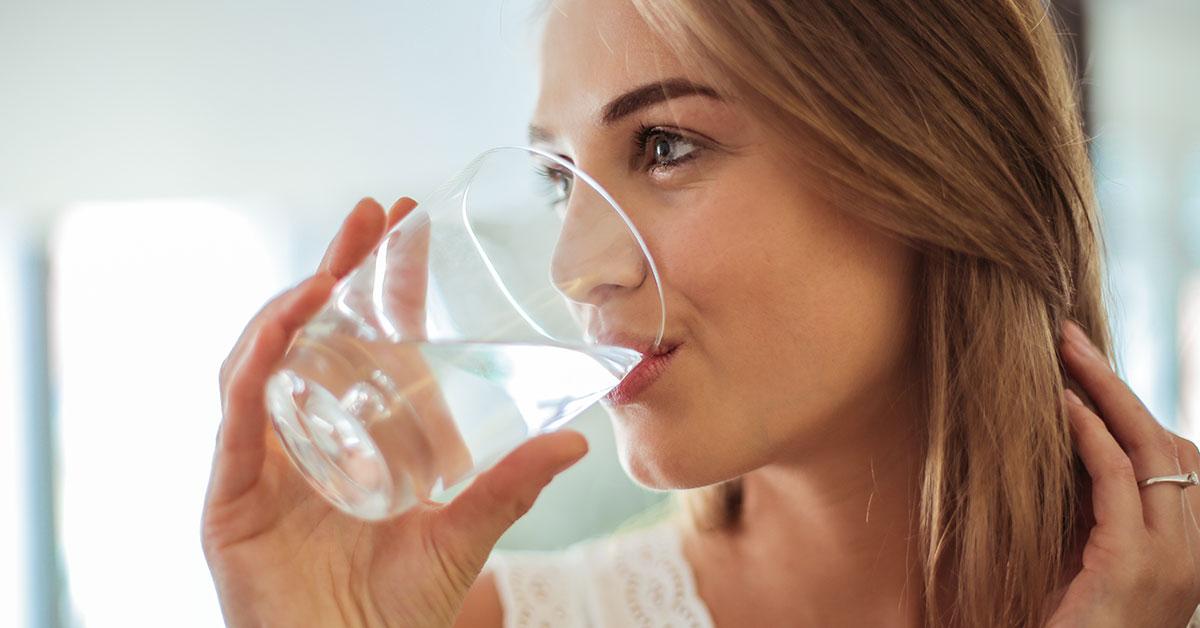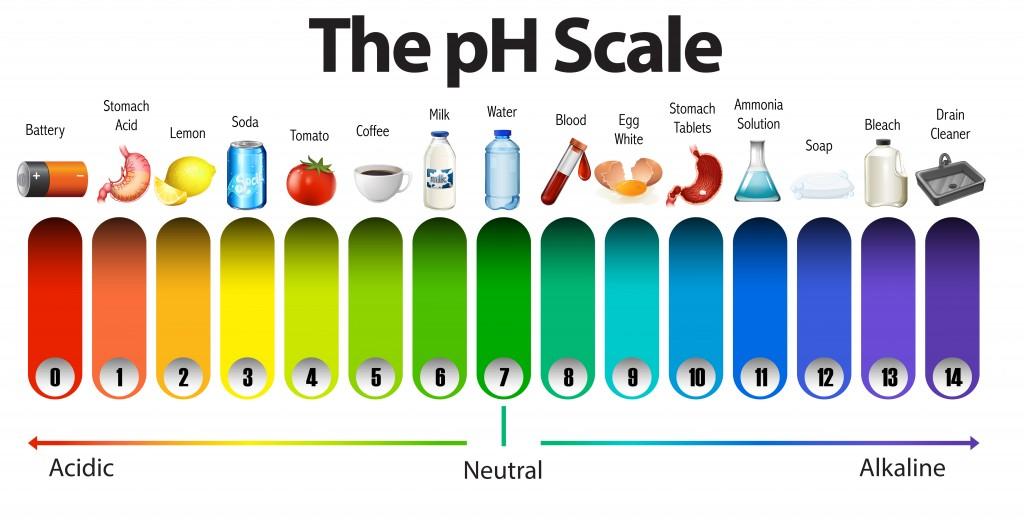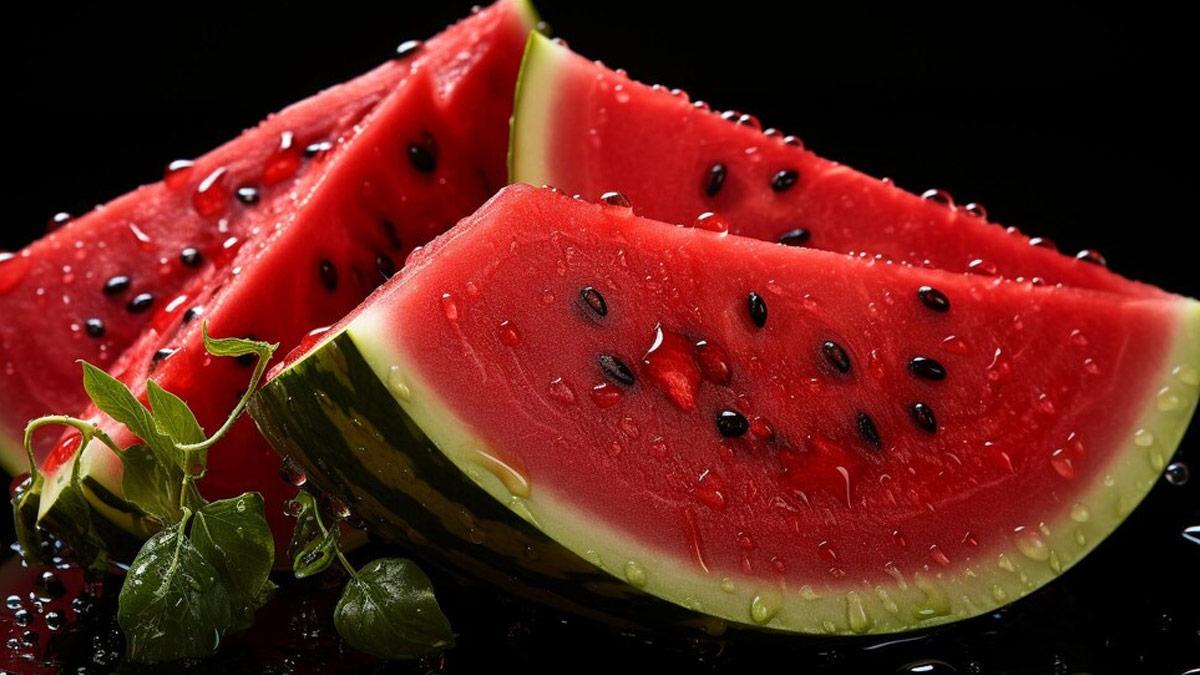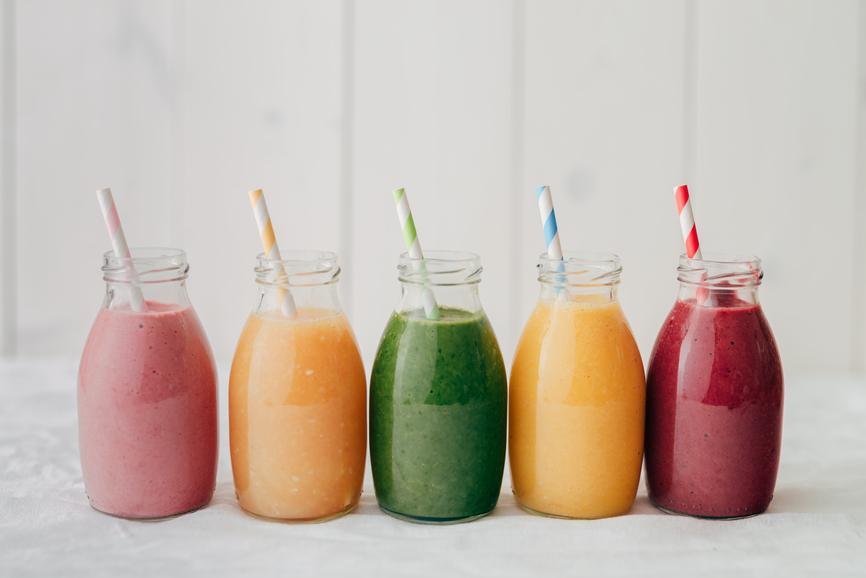What is the effect of water quality on skin health?
In order to achieve healthy skin, you need to use healthy skincare products. However, they won’t work in the absence of good water. Water quality will affect your skin, as well.
Does water harm your skin?

Protecting Your Skin From the Environment
Firstly, if you want younger, glowing skin, you need to prepare your skin for the environment.
All these steps will help, but your source of water can still cause skin damage.
Tap Water May Be Harming Your Skin

Sadly, ordinary tap water can have harmful effects on your skin. Let’s discuss this.
Toxins in Your Water
Public tap water contains chemicals that can cause eczema, such as chlorine or chloramine. These chemicals are often found in water sources today that are often contaminated with skin-damaging chemicals.
Similarly to the microbiome in your gut, your skin has a layer of microbes that keep it healthy as well. A healthy balance of “good” bacteria is what keeps your skin healthy. Whether chlorine used to treat tap water is safe for your skin’s microbiome is not known yet.
There has also been evidence that tap water contains healthy bacteria and toxic heavy metals such as chromium 6, a carcinogen.
Hard and Soft Water
There is a possibility that you have hard water. Hard water means that your water contains excessive minerals.
There are some minerals that are not good for your skin. For example, calcium and magnesium can clog your pores and reduce collagen production over time.
Hard water can leave soap residue on your skin when you wash it, leaving it dry or irritated, says Dr. Justine Hextall, a dermatologist with The Harley Medical Group. In addition to making your skin reactive, it can also trigger eczema and rosacea flare-ups.
Alternatively, soft water is good for your skin. It removes soap completely, allowing your skin’s natural oils to thrive. This helps reduce the effects of aging and common skin irritations, such as dermatitis.
Water and pH

It is also possible for tap water to damage your skin if it has too high an alkaline content. Water pH should be around 5, on a scale of 1 to 10. A test kit can be purchased to check your water pH. High alkaline content is linked with hard water, which is what we talked about earlier.
Healthy Water Options
Is there such a thing as healthy water with all these problems with tap water? There is!
Seaside Exposure
A home near the beach offers you the benefit of the air because it contains small amounts of iodine, salt, and other trace minerals from seawater. You can benefit from the air when you live close to nature, like on the beach. It is beneficial to the skin as well as the immune system to breathe seaside air!
Alternatives to Tap Water
Avoid using tap water to wash your face. You can buy distilled water or use milk if you’re not sensitive to it. Just use a tiny bit because it can get expensive!
Cleaning Your Tap Water
Water purification or reverse osmosis are two ways to make sure your skin gets clean water.
The best choice to protect your skin at all times is to install a whole house water purification system, but it is very expensive. Instead, you can install a water purifier for the sink or in the refrigerator you use the most. The water you drink will be detoxed and provided clean, balanced water for your skincare routine with these solutions.
Making Wise Choices for a More Sustainable Life
Healthy and sustainable living goes beyond purifying your water – and is arguably the most important part of it. Yet there are a variety of simple and sustainable options for your home that can benefit your skin:
Water quality and other harmful toxins in and around your house affect your skin health. You can protect your skin from irritation, dryness, and rashes by purifying your water source and using products that do not contain harsh chemicals. Care for your body’s largest organ with these tips.








